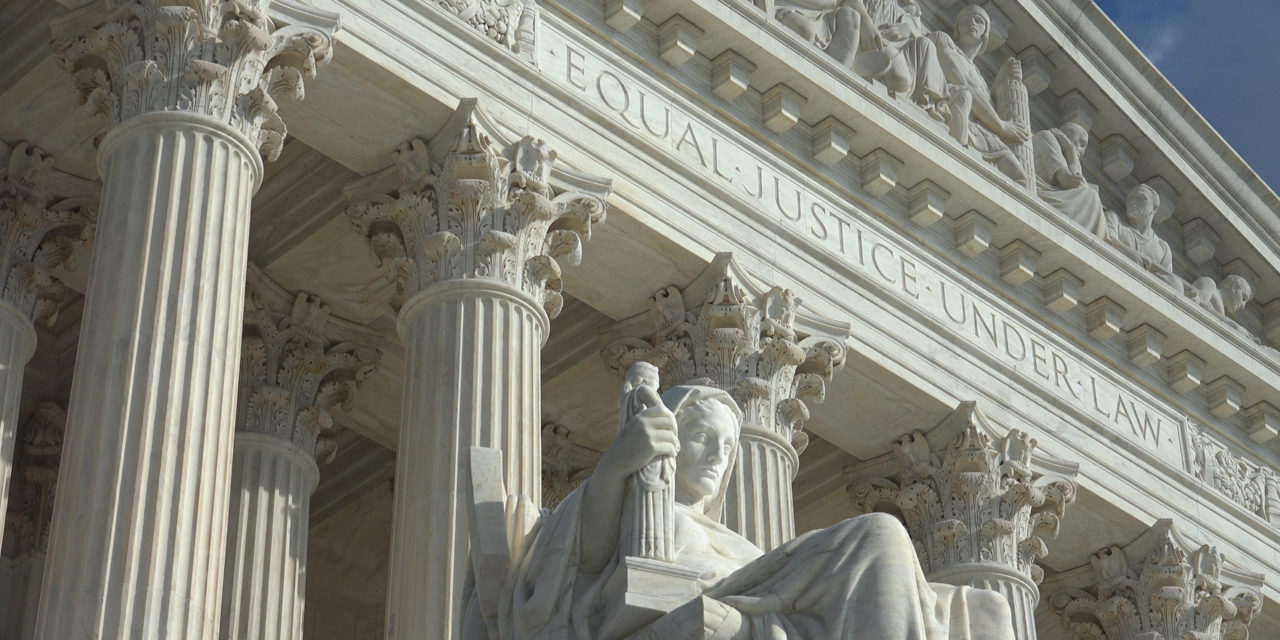The Supreme Court has agreed to decide a case that asks the Court to overturn Chevron v. National Resources Defense Council—an influential decision that requires courts to defer to federal agencies’ reasonable interpretations of ambiguous laws. The Supreme Court’s decision to take the case about fishing regulations—Loper Bright Enterprises v. Raimond—has immigration attorneys talking. But why do immigration lawyers care what happens in a case about New England fishermen?
They care because the actual issue, in this case, is who gets to decide what federal statutes mean—the courts or federal agencies. That is an issue that is relevant whether it is an immigration agency or an agency that regulates fishermen.
Loper Bright is a case brought by four New England fishing businesses challenging a regulation that requires the businesses to pay the salaries of inspectors from the National Marine Fisheries Service (NMFS). These inspectors travel on fishing vessels to monitor the catch and ensure that fishermen do not overfish. The fishing businesses do not dispute that a federal statute requires them to carry inspectors on their vessels. But they say the federal statute does not permit the NMFS to force fishermen to pay the inspectors.
This is where Chevron comes in. Instead of deciding for itself what the statute allowed, the court of appeals deferred to the NMFS’ opinion. The fishing businesses say the appeals court got it wrong and have asked the Supreme Court to get rid of Chevron.
Chevron is a Supreme Court case from 1984 that considered how courts should interpret statutes that have already been interpreted by the federal agencies responsible for implementing them. In the court’s decision, the Supreme Court stated that when a federal agency interprets a law that it enforces, courts should defer to the agency’s interpretation when the law is unclear. This means that rather than a court deciding for itself the best way to interpret the statute, courts will uphold an agency’s interpretation so long as it is reasonable. This makes sense, as the Court said, because agencies have special expertise in the laws they enforce.
Even under Chevron, courts should not always defer. First, the court has to decide if the law really is unclear. If the law is clear, then there is no room for deference—the agency must follow the clear meaning of the law. But for years, courts were skipping over this step, quickly finding a statute ambiguous.
Recently Supreme Court justices have warned lower courts to take this first step seriously and carefully review a statute before deciding its meaning is ambiguous.
Opponents of Chevron are unsatisfied. Conservative advocates for smaller government—like the groups that have filed friend of the court briefs in Loper Bright—think Chevron gives too much power to federal agencies.
Immigration and criminal justice advocates—who may not always agree with conservative groups—have also attacked Chevron as giving too much power to flawed immigration agencies. Advocates have argued that courts should not defer to immigration agencies when the consequences are deportation or serious criminal penalties.
The Supreme Court may leave Chevron in place. Or it may narrow when it applies. But if it gets rid of Chevron entirely it will have a big impact on the power of federal agencies. Without Chevron, courts may be more free to protect the rights of immigrants by imposing their own interpretations of immigration laws. But courts may also hamper the ability of federal agencies to do their important work—like regulating pollution and protect fragile fish populations. For advocates who want to defend immigrants and also the environment, the end of Chevron is likely to be bittersweet.
FILED UNDER: enforcement, Supreme Court


